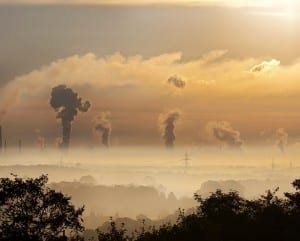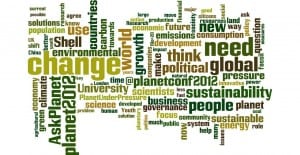Investments in Resource Efficiency: Understanding benefits & overcoming barriers
By uctpjer, on 26 May 2015
 by Jun Rentschler and Florian Flachenecker
by Jun Rentschler and Florian Flachenecker
Resource efficiency investments tend to yield both economic and environmental benefits, yet many low- and middle-income economies lag behind. The main causes of inefficiency are market failures and distortions, which create barriers preventing firms and governments from investing in efficiency. Comprehensive strategies are needed to address the complex and interlinked causes of inefficiency.
High and volatile resource prices, uncertain supply, rising demand and environmental impacts – various factors are putting increasing pressure on policy makers, researchers, firms and investors to explore pathways towards sustainable and efficient resource management. Resource efficiency is considered to be an answer to these challenges, yielding substantial benefits – both environmentally and economically. (more…)
 Close
Close





